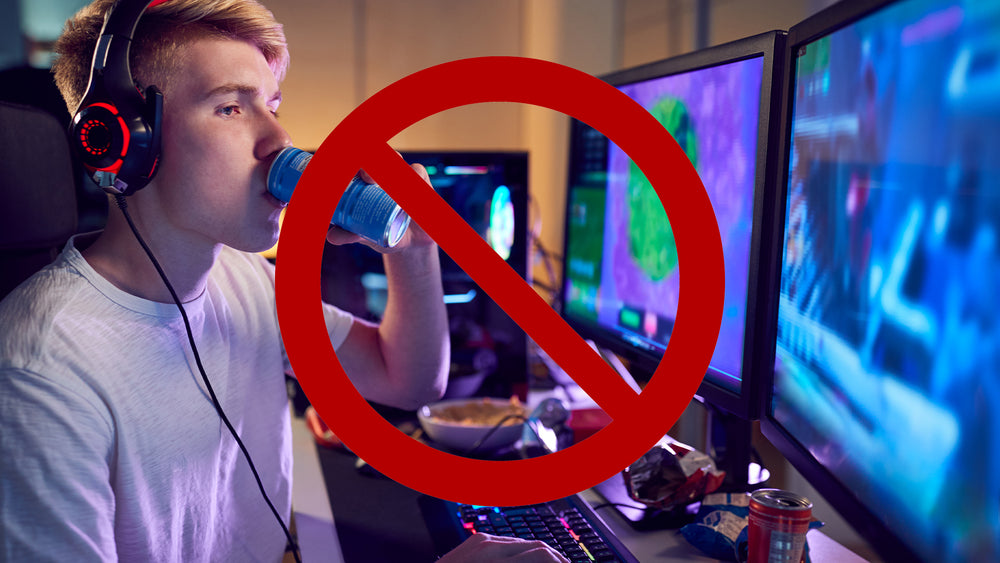Many health care organizations are for-profit businesses, just like Amazon.com, the movie industry, and designer clothing stores. Contrary to internet memes, the medical industry in America had a for-profit sector even before President Richard Nixon signed the Health Maintenance Organization Act of 1973 into law.
The first health insurance plans were non-profit, but by the early 1950s, Cigna and Aetna offered for-profit plans.
Nixon signed the HMO bill as a favor for his friend Edgar Kaiser of Kaiser- Permanente. Now the for-profit medical industry was more emboldened than ever.
(Some hospitals, medical organizations, and medical facilities are non-profit and run by charities or religious organizations, while others have a for-profit structure.)
A nation of healthy people is bad for business. The labyrinth of hard-to-understand medical insurance policies, fees and medication instructions further complicate treatment decisions.
The Affordable Care Act was designed to make sure all Americans had medical insurance. High premiums, high deductibles and substandard care have turned what was supposed to be a good thing into a debacle for many people.
The medical-industrial complex is a term for the web of companies supplying health care services. It is based on the popular term military-industrial complex and first appeared in a medical industry bulletin in 1969.
Conflicts of interest in medical care are often cited as part of the medical-industrial complex. For example, pharmaceutical companies may pay for biased research studies that show their drugs in a positive light. Most people who read these studies think that the research was done by an impartial group, and assume the product is safe.
Many books, articles, and websites are devoted to problems with the American medical system. The best-selling book, American Sickness by Elisabeth Rosenthal, is an examination of a medical system that often focuses on marketing, amenities, and treating disease rather than curing it.

Medical Advertising
Instagram influencers now post thinly-veiled advertisements for medication and surgical procedures. There aren’t verifiable rules for Instagram pitches, so posts may contain inaccurate information.
Unlike the commercials you see on TV or YouTube, Instagram posts don’t have disclaimers filled with side effects or contraindications.
Television commercials for prescription medications usually feature gauzy visuals and All-American family doing All-American things (playing football, going to the beach, shopping, etc.).
The narrator speaks in a gentle, understanding voice and encourages trust. By the time the commercial is over, you may be compelled to try the product, despite the log list of side effects mentioned at the end of the commercial.
The final decision for your medical care is up to you. You can say yes or no to any medical procedure, test or medication, or delay treatment until a later date. Talk with your family and other patients who’ve had the same treatment before deciding what to do.
Internet research is an excellent tool to help you learn more about prospective treatments. However, you should do original research by talking to people on your own, and avoid using internet research as the only source for your decision.
How Medical Errors Affect Your Care
Medical errors are the third leading cause of death in America, according to researchers cited in an article on NPR.com, with only cancer and heart disease claiming more lives. Respiratory conditions are in fourth place. (The CDC does not take medical errors into account as a cause of death, only diseases.)
Coding errors result in patients receiving the wrong tests, medications, or surgery. Many of these mistakes are due to insurance and clerical systems, not doctors’ errors. Even if you trust your doctor, you may fall prey to the faults of the system at large.
Always do research on medical facilities or doctors before selecting a provider.(Even general review sites like Yelp feature reviews of medical providers.) If a majority of online patients had bad experiences and your original research confirms it, select another provider.
No one wants to think about getting a chronic illness or injury, much less dying. However, death is an unavoidable part of life, and anyone can be involved in a car accident or other unforeseen event.
Therefore, it’s important have a discussion with your family about what you want done if you are in the hospital for a sudden injury, or in case of premature death. The discussion should deal with possible medical and financial repercussions.
Recent articles in the Washington Post and NPR addressed the issue of advances in medicine and how these advances prolong death instead of life. Death used to be relatively quick, but modern technology now extends life even in people with cancer and other serious diseases.
Families, and doctors must determine if treatment is prolonging life for severely ill patients, or merely extending suffering and the death process.

Communicate With Your Doctor
Even the best doctors are so rushed, they won’t have time to answer all your questions. Prepare questions in advance, and always be aware that you can find another doctor or provider if you have insurance.
If you have no insurance or free/low-cost insurance, your options will be limited, but you still have the choice of following your doctor’s advice or declining it.
Many people don’t agree with their doctor’s advice, but are afraid of voicing their objections. Patients with good insurance simply pick up their prescriptions, but don’t take the medication, or take less of it than prescribed.
Some people even say they have good checkups, despite not taking the medication their doctors prescribe.
It’s easy to joke around and say you can avoid problems by never getting sick, but that’s not realistic. Living a healthy lifestyle, eating right, exercising and reducing stress will help you avoid visiting the doctor often, but it’s not a 100% guarantee against disease.
Even if you are diligent in your daily life, you can still get injured in an accident.
What can you do to protect yourself- and your family- against a medical sytem that can be unscrupulous and inefficient?
Take Control of Your Health Care
Regardless of your medical history and how well you take care of yourself, you’ll need to go to the doctor sooner or later.
You have the final say in your medical care. Follow these tips to make better decisions:
- Do original research as well as internet research about procedures and medication.
- Trust your intuition. If a provider or clinic seems sketchy, they probably are.
- Prepare questions before you go to the doctor.
- Get second or even third opinions about treatments.
- Read insurance and doctor agreements before signing any papers.
- Look for alternative facilities, like walk-in clinics, preventative healthcare clinics, holistic providers, and college medical clinics.
- Eat right, exercise, reduce stress and get enough sleep.
- Don’t be intimidated by doctors or insurance companies.
Remember that you’ll have to deal with the consequences of your decisions, and so will your family, so choose carefully. Don’t blindly assume a doctor or pharmacist knows what’s right for you. Ask questions, and perform your "due diligence.”
Choose supplements and vitamins carefully as well. What’s right for one individual might not offer the correct nutrients for another person. However, wheatgrass, nature’s superfood, has hundreds of vitamins, minerals, amino acids and enzymes to boost your health and energy.
Wheatgrass in supplement form is much safer than wheatgrass juice or shakes from trendy chain stores.
Wheatgrass Love offers three different wheatgrass supplements – Happy Girl, to balance emotions, REVV to increase energy, and Zeal O2, to help burn fat and improve weight loss. Check out Wheatgrass Love supplements here.
















